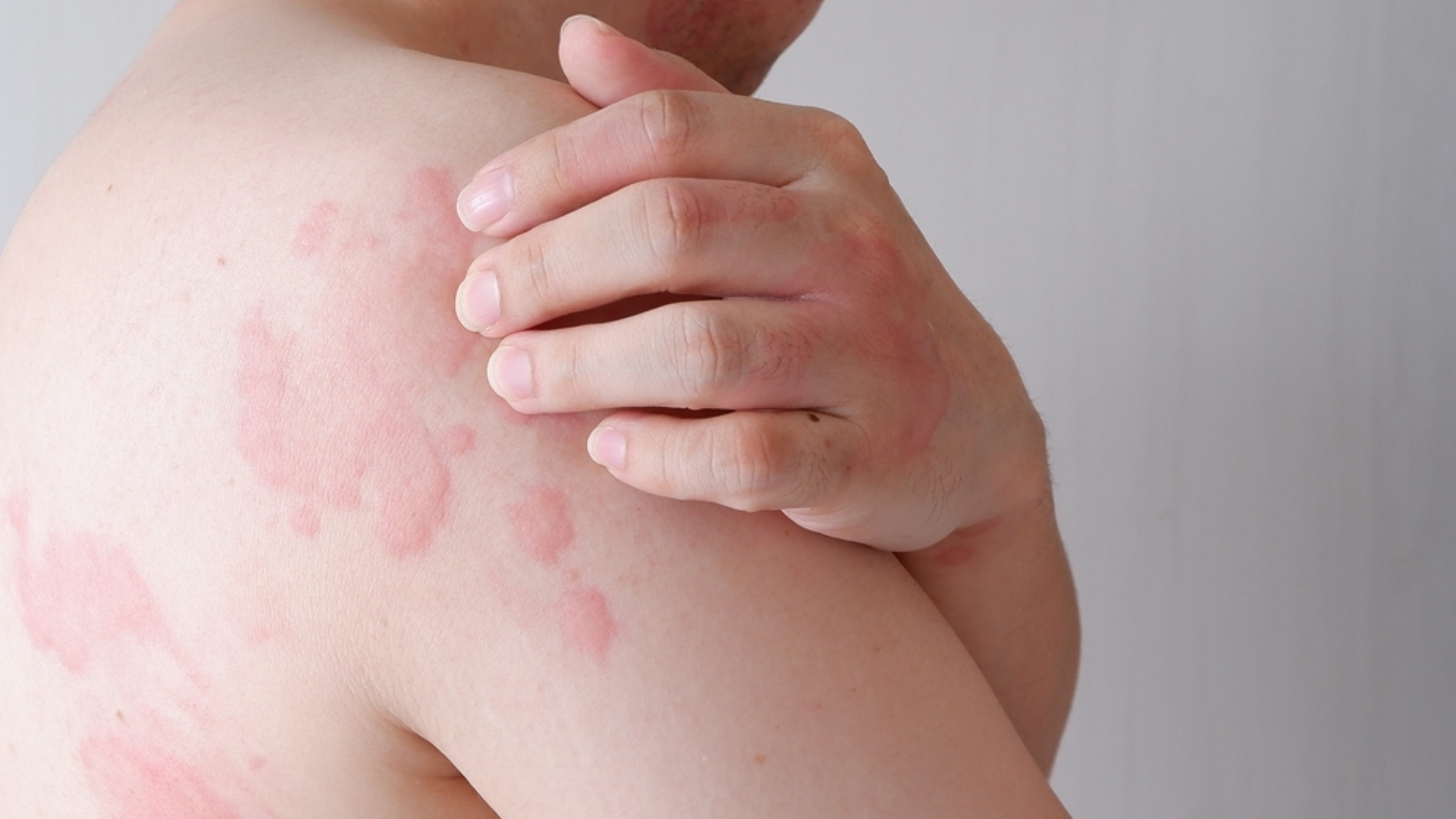Understanding How Skin Conditions Are Connected to Military Service: A Comprehensive Guide

Table of Content
- Introduction
- Risk Factors for Skin Conditions in Military Service
- Common Skin Conditions in the Military
- Management and Prevention of Skin Conditions
- FAQs
- Conclusion: Taking Care of Your Skin
Summary
The environment can harm a veteran's skin. They are exposed to it while serving in the military. In this article, we'll look at how hygiene, stress, hard work, and harsh settings can cause skin issues. It happens to veterans who served in the military. It addresses common queries and explores various treatment options.
Introduction
Military service demands much physical exertion. The skin is no exception. Veterans face unique obstacles. These may cause a range of skin issues. They include exposure to harsh settings and hard exercise. This article gives a full overview. It covers the connection between service and skin issues. It discusses common conditions, risk factors, and successful care options.
Risk Factors for Skin Conditions in Military Service
Several things about military life make skin conditions more likely to develop. Listed below are the key culprits:
- Friction and Moisture: They wear tight uniforms and gear every day. It causes friction, along with sweating, harms the skin's barrier.
- Sun Exposure: The sun's UV radiation may cause aging, skin cancer, and sunburn. It's a risk that can happen to veterans. They spend long periods outside, especially in extreme climates.
- Chemical Irritants: The skin might become dry, itchy, and inflamed. It happens after contact with chemicals. Chemicals exist in fuels, cleaning products, and topical medications.
- Stress and Sleep Deprivation: Not getting enough sleep adds to the stress of military service. It may weaken the immune system and make the skin more prone to infections.
|
Factor |
Pros |
Cons |
|
Physical Activity |
Increased blood flow, improved sweating |
Friction, loss of moisture |
|
Camaraderie |
Shared experiences, support system |
Shared hygiene facilities, risk of contagious skin conditions |
|
Strict Schedules |
Encourages regular hygiene |
Limited time for dedicated skincare routines |
Common Skin Conditions in the Military
Below are some of the most common skin issues that military personnel face:
- Eczema: Stress and sweating may worsen this inflammatory disease, which creates dry, itchy areas.
- Fungal Infections (Tinea): The warm, moist environments of military bases are ideal for tinea infections. These infections may also be called ringworm, athlete's foot, or just ringworm.
- Bacterial Infections (Impetigo): Red, bleeding blisters are a clear sign of this infectious disease. It may spread quickly in close quarters.
- Contact Dermatitis: Skin may get itchy, red, and inflamed after contact with irritating compounds. Footwear, clothing, or topical medications often contain these compounds.
- Acne Vulgaris: Hormonal changes, stress, and it's possible that sweating may worsen acne outbreaks.
Management and Prevention of Skin Conditions
Keeping your skin healthy while serving in the military requires preventative steps. Presented below are a few proven methods:
- You keep the skin clean and moisturized with a regular skincare routine. This routine includes taking regular showers. You should use mild cleansers and a moisturizer every day.
- Put on loose, breathable clothes and high-SPF sunscreen. It will protect you from the sun and friction.
- To avoid making skin diseases worse, it's important to spot their early signs. It allows prompt treatment to begin.
FAQs
Can I continue using my civilian skincare routine in the military?
Certain products could be effective. But, it's best to get a dermatologist's advice. They can help you adjust your regimen for military life.
What should I do if I develop a skin condition during service?
Get in touch with a military healthcare provider right away if you're feeling sick.
Are there resources available for veterans struggling with skin problems?
Veterans suffer from skin diseases related to their service. They may get dermatological treatment and help via the VA healthcare system.
Conclusion: Taking Care of Your Skin
Military personnel must prioritize skin health as part of their overall well-being. Veterans need to know about the common skin issues and risks. They need this information to take care of their skin during military service. Skin issues may harm a veteran's ability to do their duty. But, a proactive strategy can minimize them. It involves protection, hygiene, and early care.

